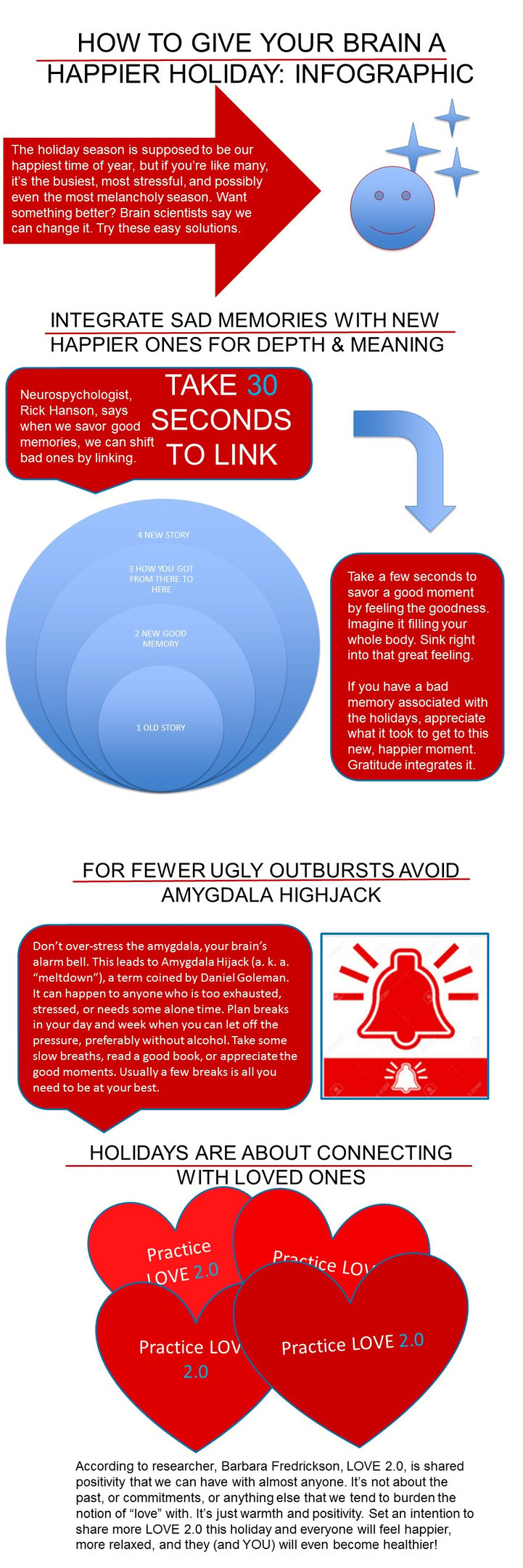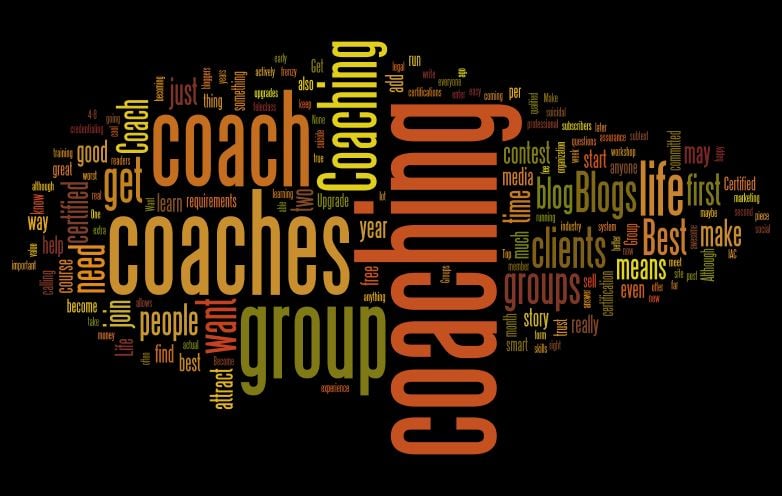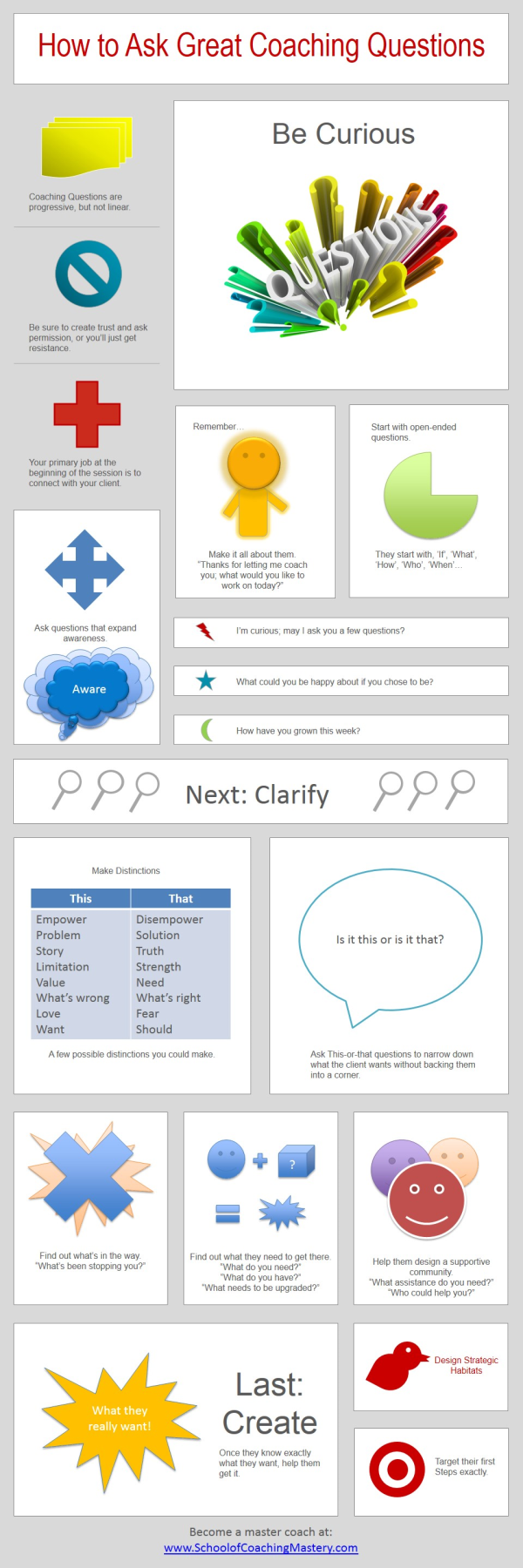
Positive psychology has been ignoring what matters most in life.
You already know we love positive psychology and that emotional intelligence picks up where positive psychology leaves off. But here's a missing link to positive psychology that hardly anybody mentions...
Because for on thing, the way most people talk about this missing link just isn't sexy. That's because it's been presented to most of us as a "should" (something we should care about and act upon), rather than what it really is: completely unique and personal to each of us.
When we approach this missing link from our uniqueness, it becomes inspiring.
When we approach it from what's been imposed upon us, as a "should", it deflates us. No wonder we don't talk about it! Some coaches even think they should avoid asking questions about it!
I'm talking about what matters most to you: your personal values.
These are often not the same as what you parents, schools, religious, or political leaders taught you to value. Taught values help us fit into society. They make us homogeneous. They may be uninspiring, but you find yourself living your life around them - and then wondering why your life feels flat, boring, or lifeless.
Personal values are unique to you, uniquely energizing and inspiring to you.
Recently some fascinating research was done on values under the guise of mindfulness, a positive psychology tool that is so thoroughly researched, it has its own research journal called, Mindfulness. It's well-known that practicing mindfulness leads to greater wellbeing, which is the ultimate measure of positive psychology. New research shows people who practice mindfulness are more likely to act on their values. Current research is attempting to prove whether lived values are the main reason mindfulness increases wellbeing.
Personal values contain the blueprint for your calling in this life.
Nothing could be sexier! And like finger prints, everyone's values are unique. Unfortunately, most people have no idea what their personal values even are.
Here are a few more important points about personal values:
- Values are personal, unique, and individual.
- Values help us show up authentically.
- Values are what matters most to each of us.
- Values point to our unique long-lasting happiness and fulfillment.
- Values point out your calling and life purpose.
- Values integrate heart and mind.
- Values integrate us with other people.
- Values help us feel fully alive.
- Values help us serve others.
- Values determine our actions more than anything else.
- Values give meaning to our lives.
- Values help us harmonize our relationships.
- Values help us integrate our emotions.
- Values inspire us.
- Values help us reach our goals.
- Values give us greater freedom if we're aware of them.
- Values are catalyzed by mindfulness.
- Values lead to greater wellbeing.
All of the above is wonderful, but most people don't even know what their personal values are and often we confuse our needs with out values and needs are a whole different thing.
We can't make the most of our lives without identifying and activating our true values.
Positive psychology coaches are perfectly positioned to help people identify and act on their true values. But most positive psychology coaching is strengths-based only and without our personal values, using our strengths feels empty and meaningless. It's time we fully integrate values with strengths.
Values are the missing link in wellbeing.
The Certified Positive Psychology Coach program thoroughly integrates strengths and values and two modules that focus on values are coming up soon: The Psychology of Values and Personal Evolution and Coaching Values, Needs, and Strengths. Each course can be taken individually and is approved for 8 IAPPC credit hours.
Coach with the missing link of positive psychology and help your clients achieve what matters most to them.
Click below to choose a values-based coach-training module.
















 by
by 
 Once upon a time, in a land far far away, where everything always looked as it should, if you hired a
Once upon a time, in a land far far away, where everything always looked as it should, if you hired a 
